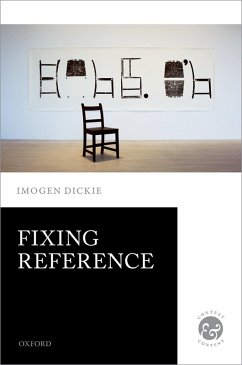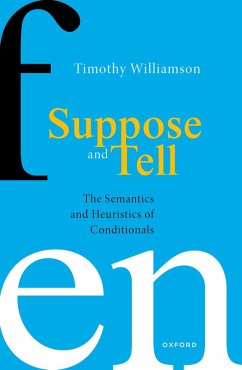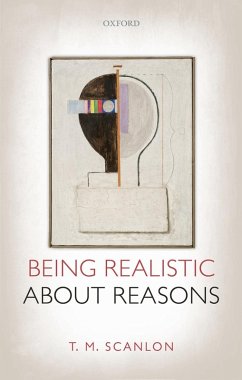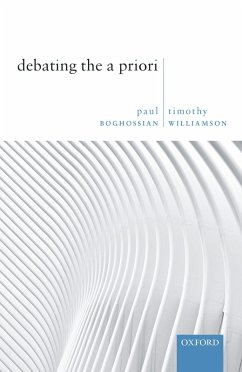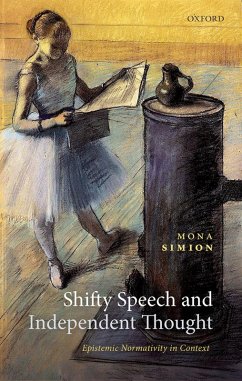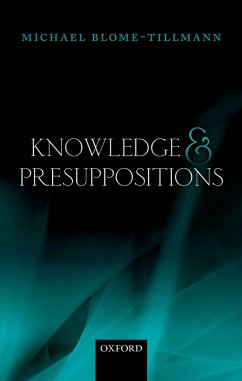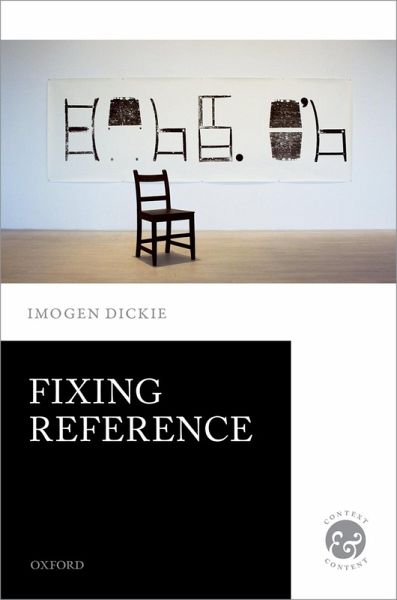
Fixing Reference (eBook, ePUB)

PAYBACK Punkte
7 °P sammeln!
Imogen Dickie develops an account of aboutness-fixing for thoughts about ordinary objects, and of reference-fixing for the singular terms we use to express them. Extant discussions of this topic tread a weary path through descriptivist proposals, causalist alternatives, and attempts to combine the most attractive elements of each. The account developed here is a new beginning. It starts with two basic principles. The first connects aboutness and truth: a belief is about the object upon whose properties its truth or falsity depends. The second connects truth and justification: justification is ...
Imogen Dickie develops an account of aboutness-fixing for thoughts about ordinary objects, and of reference-fixing for the singular terms we use to express them. Extant discussions of this topic tread a weary path through descriptivist proposals, causalist alternatives, and attempts to combine the most attractive elements of each. The account developed here is a new beginning. It starts with two basic principles. The first connects aboutness and truth: a belief is about the object upon whose properties its truth or falsity depends. The second connects truth and justification: justification is truth conducive; in general and allowing exceptions, a subject whose beliefs are justified will be unlucky if they are not true, and not merely lucky if they are. These principles--one connecting aboutness and truth; the other truth and justification--combine to yield a third principle connecting aboutness and justification: a body of beliefs is about the object upon which its associated means of justification converges; the object whose properties a subject justifying beliefs in this way will be unlucky to get wrong and not merely luck to get right. The first part of the book proves a precise version of this principle. Its remaining chapters use the principle to explain how the relations to objects that enable us to think about them--perceptual attention; understanding of proper names; grasp of descriptions--do their aboutness-fixing and thought-enabling work. The book includes discussions of the nature of singular thought and the relation between thought and consciousness.
Dieser Download kann aus rechtlichen Gründen nur mit Rechnungsadresse in A, B, BG, CY, CZ, D, DK, EW, E, FIN, F, GR, HR, H, IRL, I, LT, L, LR, M, NL, PL, P, R, S, SLO, SK ausgeliefert werden.




